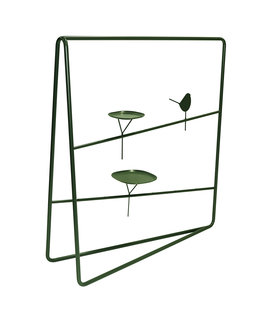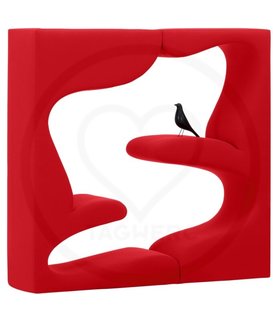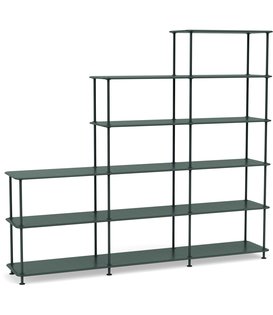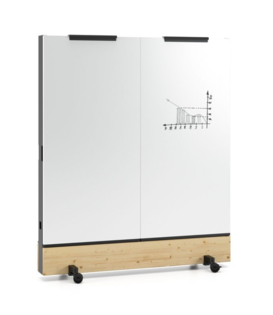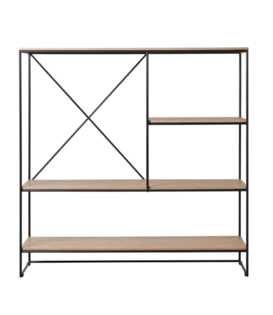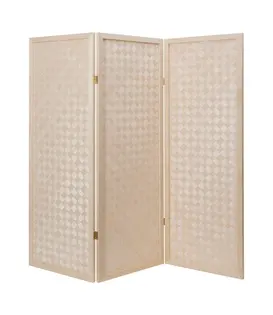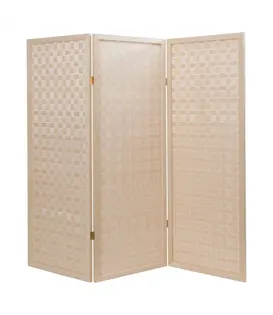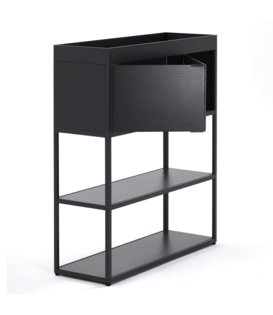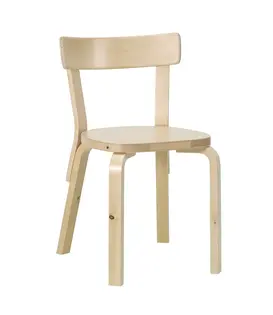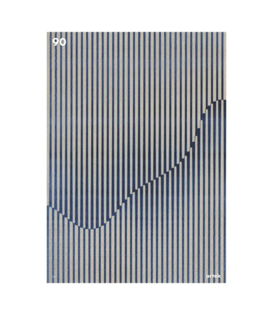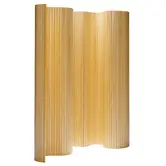
- Gratis verzending NL/B vanaf €100,-
- Nordic New bestaat 25 jaar
- Showroom 6 dagen p. week open van 10-17.00
- T 085 1303619 - info@nordicnew.com
Artek Screen 100
Screen 100 by the Finnish Artek shows Alvar Aalto's taste for natural wood and curved shapes, designed in 1936 by Alvar Aalto.
Composed of lacquered pine slats, the Screen 100 can be used as a room divider, decorative item or as a room divider.
Pine material, naturally varnished
Dimensions H150 x W200 cm
This screen is rollable.
* Made to order.
* On display in our showroom.
About the designer:
Hugo Alvar Henrik Aalto (1898-1976) was born in Kuortane, Finland. His father, Johan Henrik Aalto, was a Finnish-speaking surveyor and his mother, Selly (Selma) Matilda, was a postman. When Aalto was 5 years old, the family moved to Alajärvi and from there to Jyväskylä in Central Finland. Aalto studied at the Jyväskylä Lyceum school and completed his basic education in 1916. In 1916 he subsequently enrolled to study architecture at the Helsinki University of Technology and graduated in 1921.
In 1923 he returned to Jyväskylä, where he opened his first architectural firm. Jyväskylä would become a notable city for its architecture, with more buildings designed by him than in any other city. The following year he married architect Aino Marsio. Their honeymoon to Italy sealed an intellectual connection to the culture of the Mediterranean that would remain important to Aalto for the rest of his life. The Aalto's moved their office to Turku in 1927 and started collaborating with architect Erik Bryggman. The office moved back to Helsinki in 1933.
The Aaltos designed and built a joint home office (1935–36) for themselves in Munkkiniemi, Helsinki, but later (1954–56) had a purpose-built office built in the same neighborhood - the last building now houses the Alvar Aalto Academy. Aino and Alvar Aalto had 2 children, a daughter Johanna "Hanni" Alanen, born Aalto, 1925, and a son Hamilkar Aalto, 1928. In 1926 the young Aaltos designed and built a summer house in Alajärvi, Villa Flora. Aino Aalto died of cancer in 1949. In 1952, Aalto married architect Elissa Mäkiniemi (deceased in 1994), who had worked as an assistant in his office. In 1952 Aalto designed and built a summer cottage, the so-called Experimental House, for himself and his new wife in Muuratsalo in central Finland. Alvar Aalto died on May 11, 1976 in Helsinki.
Article number: 28500201
Weight: 1000








